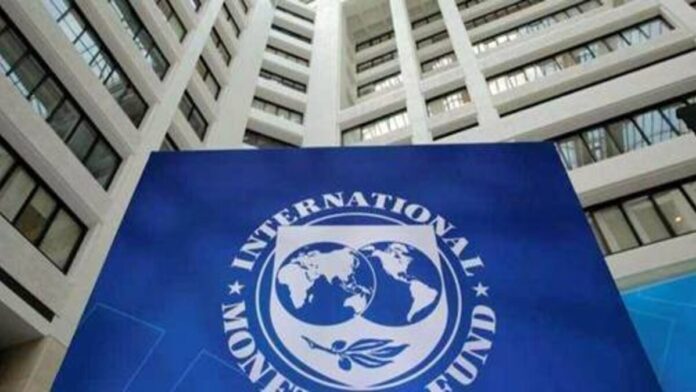The International Monetary Fund (IMF) has opposed Prime Minister Shehbaz Sharif’s Rs200 billion package aimed at reducing the power tariff for industrial consumers by Rs10.69 per unit.
The IMF also did not endorse the proposal to impose a wealth tax on all types of assets, including bank balances.
As per a news report, the government had proposed a 0.1% wealth tax on all assets, including bank balances and shares, and a 0.5% wealth tax on assets declared in wealth statements by taxpayers. However, the IMF objected to the wealth tax on cash held in bank accounts.
The global lender viewed the package as an attempt to provide hidden subsidies to industries while shifting the financial burden to residential consumers.
The government has allocated Rs120 billion in the budget to finance the package for the next fiscal year, with plans to recover the remaining amount from residential, commercial, and industrial consumers through fixed electricity charges.
Over the weekend, the government shared additional data with the IMF in an attempt to gain approval for the industrial package.
This is the second time the IMF has objected to reducing electricity prices for industries. In February, the IMF’s Mission Chief to Pakistan, Nathan Porter, expressed doubts about the circular debt neutrality of the proposed tariff rationalization plan.
The package has faced criticism from both the IMF and industrialists. Industrialists argue that it would impose a significant financial burden on large industries with substantial electricity loads, making them vulnerable.




